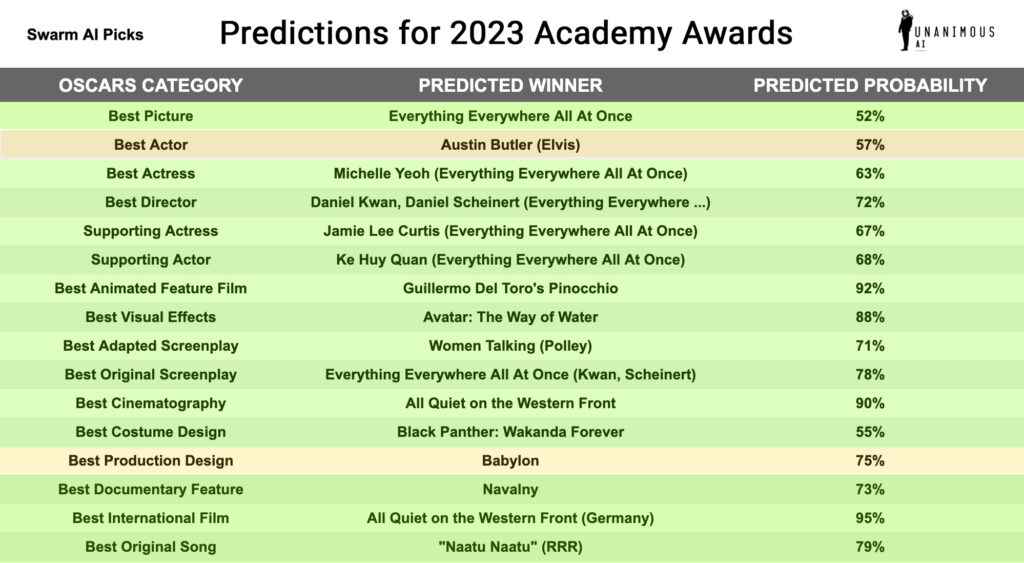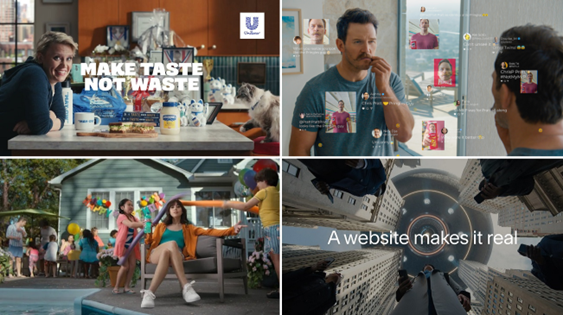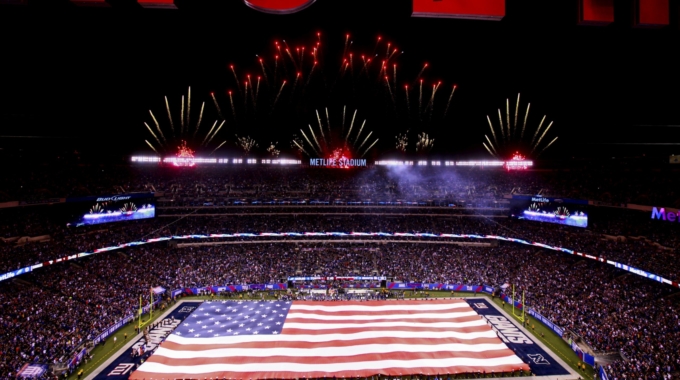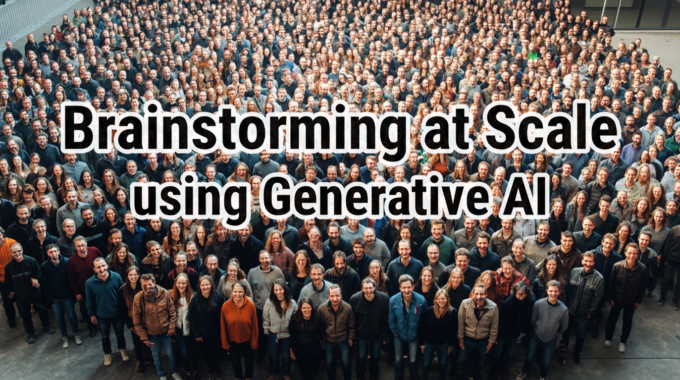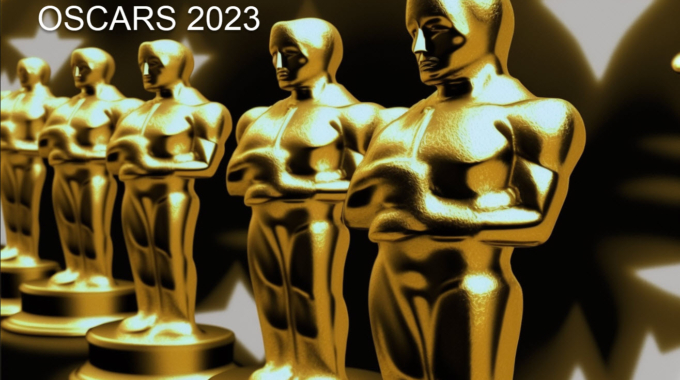
Anyone who follows Unanimous AI knows we have mountains of evidence that shows Swarm AI really works, enabling networked human groups to generate better decisions and smarter forecasts and more accurate medical diagnoses and better business evaluations. Of course, pointing to academic papers is not as much fun as testing our technology against high-profile events where anything can go wrong. We’ve done this many times, using Swarm AI to predict a wide range of events from the Kentucky Derby and the Super Bowl, to the 2020 election with great success.
Which brings us to the 2023 Academy Awards that aired Sunday night. For the seventh year in a row, researchers at Unanimous AI invited a group of randomly selected “movie enthusiasts” to participate online as a real-time Swarm Intelligence and predict all major categories of the Oscars. Our predictions were published in VentureBeat before the event because we are willing to test our technology in full public view. Again, Swarm AI is not a vote or a poll – these 20 individuals formed a real-time system mediated by swarm-intelligence algorithms that helped them converge on the best combination of their individual insights and intuitions.
The process of predicting the Oscars took about 30 minutes and was conducted entirely online. It produced the set of results shown in the table below. As you can see, the swarming method outputs not just a prediction for each award but a probabilistic confidence. Below is a listing of our predictions (87.5% ACCURATE!), with GREEN showing our correct forecasts:
As you can see, we only missed two predictions. One was not a surprise – “Best Actor” which we knew was a tossup when we gave it 57% probability. But we did have one big surprise Best Production Design, which was a big surprise. Still, we are very happy with 87.5% ACCURACY which was better than most professional movie critics and media outlets, including Variety Magazine. Of course, using artificial swarms to amplify the intelligence of human groups is useful for far more important things than predicting the Oscars. For example, the United Nations has used ASI to help them forecast famines in hot spots around the globe, while other groups are exploring the use of swarms to facilitate negotiations among entrenched parties with adverse interests. And business teams around the globe use Swarm AI to improve forecasts, decisions, and prioritizations by harnessing the wisdom of their teams.

